"I am delighted to see the development of the Shanghai Cooperation Organization (SCO)," Zhang Ming, Secretary-General of the SCO, said in an interview with the Global Times on Tuesday.
He noted that after 18 years, Iran has finally become the ninth member of the SCO. "But this is not the end; it is a new beginning," he said.
Zhang told the media on Tuesday that the expansion process of the SCO will not stop in the next few years, and it is expected that Belarus will complete all the relevant procedures to join the SCO before next year's SCO summit.
On the afternoon of July 4, the 23rd meeting of the Council of Heads of State of the SCO member countries was held via video conference. During the meeting, Iran was officially confirmed as a full member of the SCO.
In the afternoon of the same day, Zhang and the new Iranian Ambassador to China Mohsen Bakhtiar, jointly raised the Iranian national flag at the SCO Secretariat in Beijing.
Starting from July 4, Iran will officially enjoy all the rights and benefits of a member of the SCO.
Zhang expressed a warm welcome for Iran to join the SCO. "We look forward to Iran playing a more important role within the SCO framework, becoming a member that promotes cooperation for peace and development," he said.
Bakhtiar said on Tuesday that Iran, located at the crossroads of Asia, Europe, and the Middle East, is a strategically important location. "It stands to benefit greatly from the development of transportation infrastructure, streamlining of customs procedures, and promotion of regional connectivity through the efforts of the SCO. By actively participating in initiatives led by the SCO, Iran can leverage its geographical advantage to become a significant transit hub, facilitating trade between the East and the West," he said.
Iran became an observer country of the SCO in 2005, the second year after the establishment of the SCO observer mechanism. In 2008, Iran formally submitted its application to join the SCO. However, due to various factors such as US sanctions, Iran's path to joining the SCO has not been smooth and has faced many challenges. It was not until the SCO summit in Dushanbe, Tajikistan in September 2021 that the heads of state of all SCO member countries finally signed the document initiating the process of accepting Iran as a full member of the SCO.
In September 2022, during the 22nd meeting of the Council of Heads of State of the SCO member countries held in Samarkand, Uzbekistan, Iran signed a memorandum of obligations to join the SCO. In November of the same year, the Iranian parliament passed a law approving Iran's membership of the SCO. On January 25, 2023, the Iranian parliament passed a memorandum of obligations bill regarding membership in the SCO. On February 7, Iran's President Ebrahim Raisi signed an order for implementing the law related to Iran's accession to the SCO.
At Tuesday's event, Ambassador Bakhtiar said that "Economic cooperation is at the core of the SCO and provides Iran with abundant trade and investment opportunities."
He also mentioned that energy cooperation is another important area within the SCO. "Iran is a major energy-producing and exporting country with abundant reserves of oil and natural gas. Through cooperation with other SCO member states, Iran can develop energy infrastructure, promote energy trade, and enhance energy security in the region," he said.
Analysts believe that Iran's formal accession to the SCO will further enhance the international status and influence of the organization, and for Iran, it is an important step in breaking the US diplomatic blockade.
Bakhtiar also noted that the SCO plays a crucial role in combating terrorism and extremism.
"Iran has been actively involved in counterterrorism efforts, and joining the SCO strengthens regional security cooperation. SCO member states, including Iran, can collaborate through intelligence sharing and joint military exercises to collectively address the growing threat of terrorism," he said.
"By actively participating in SCO initiatives, Iran will be able to leverage its role within the organization to enhance its regional standing, develop its economy, and contribute to the collective development and security of SCO member states," he added.
Zhang told the Global Times that despite the ever-changing international situation and many challenges, the influence and international status of the SCO continue to rise. Many countries and regions have shown increasing interest in the SCO, with more countries knocking on the door of the SCO, expressing their hopes of joining this family or upgrading from dialogue partners to full members.
"This undoubtedly reflects the fact that the principles and norms that the SCO has adhered to for a long time have been widely recognized and accepted in the international community," he said, stressing that this is an important manifestation of the continuous enhancement of the international influence of the SCO.
According to media reports, Belarus is also applying to join the SCO. On June 30, the bill "On the accession of the Republic of Belarus to international treaties within the framework of the Shanghai Cooperation Organization" was approved at the meeting of the ninth session of the House of Representatives of the seventh convocation in Belarus. The bill was prepared as part of the work on the country's accession to the SCO.
Analysts said that after Iran and Belarus join, the SCO will cover an area "from Europe and the Middle East to South Asia and East Asia."
Regarding this, Zhang said that the process of expanding the SCO will not stop, and the specific speed will depend on the results of the member countries' discussions.
He said that the process of Belarus joining the SCO was launched at the Samarkand summit last year, and this year, an important step was taken by signing the memorandum of obligations for Belarus to join the SCO. According to the normal schedule, it can be expected that all processes will be completed before next year's SCO summit.
Zhu Yongbiao, professor at Lanzhou University, told the Global Times on Tuesday that with Iran's formal accession, the SCO is entering its second round of official expansion. From Central Asia to South Asia, and now to the regions of West Asia or the Middle East, the SCO's coverage of territories and countries is increasing, indicating a further rise in its influence and international status.
He said that in the face of a complex international situation, the SCO's expansion process is likely to accelerate in the coming years, leading to an increase in its international influence and diversity, as well as a rise of inclusiveness within the organization.









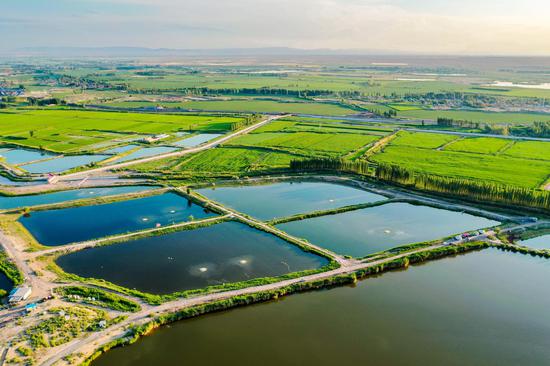

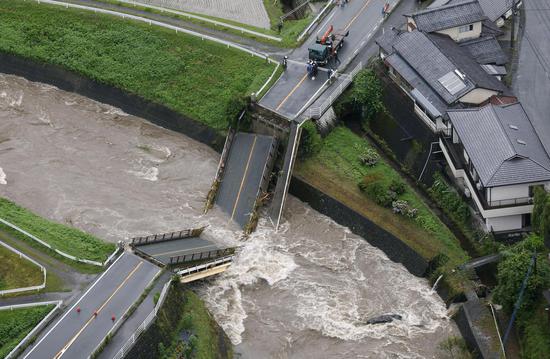

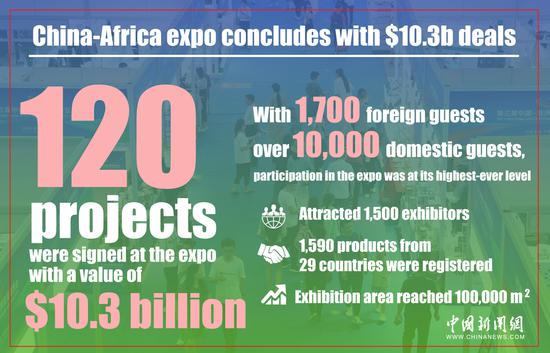



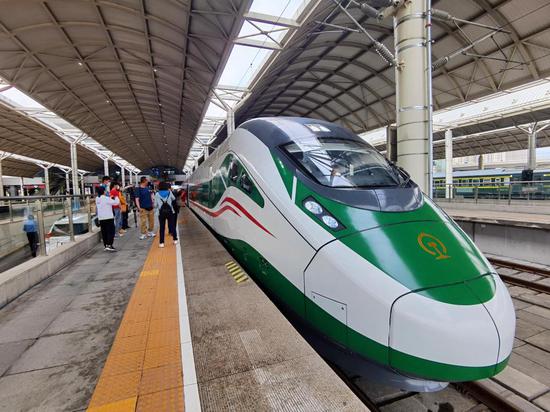
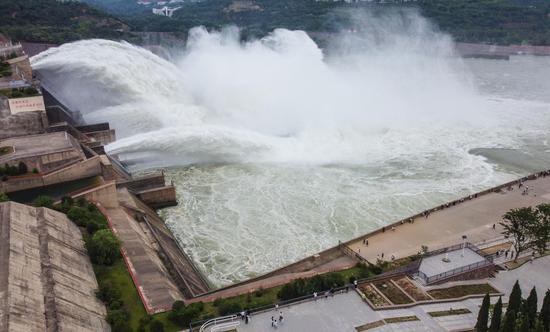
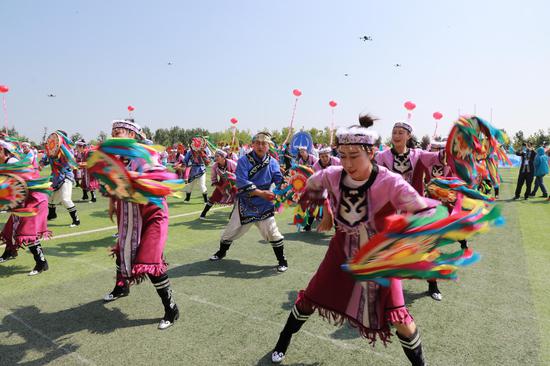



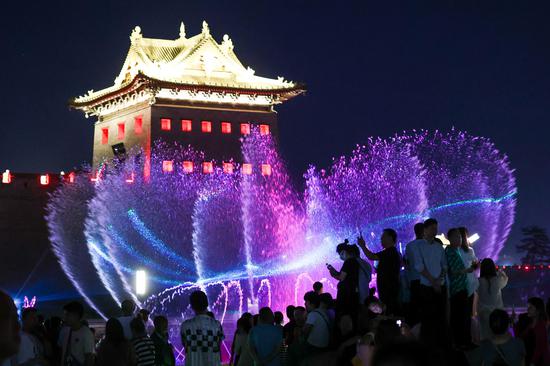

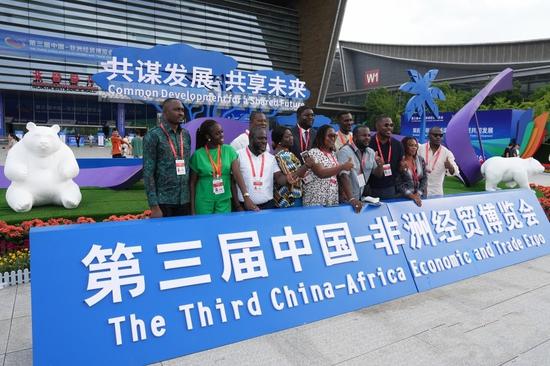
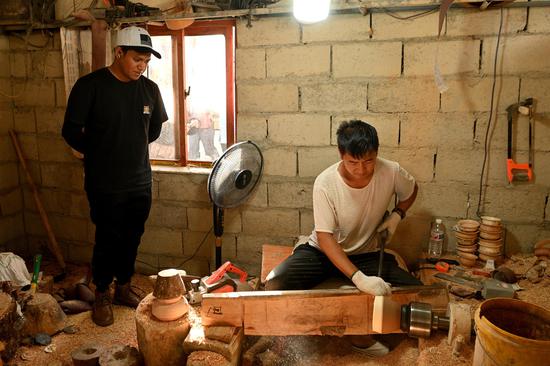
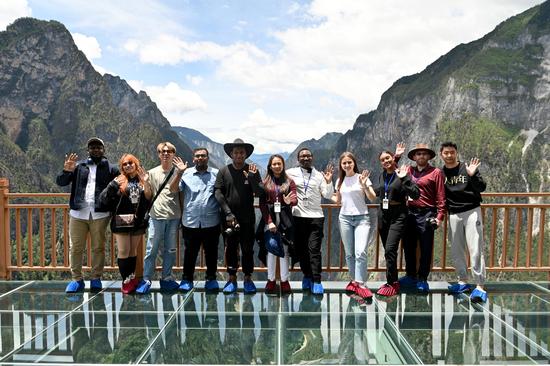

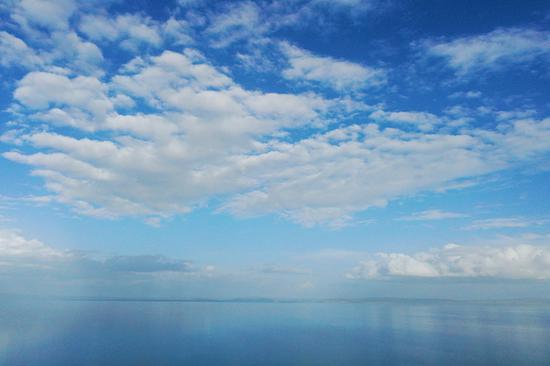
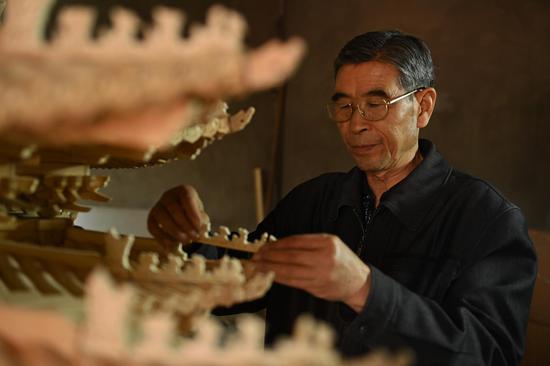

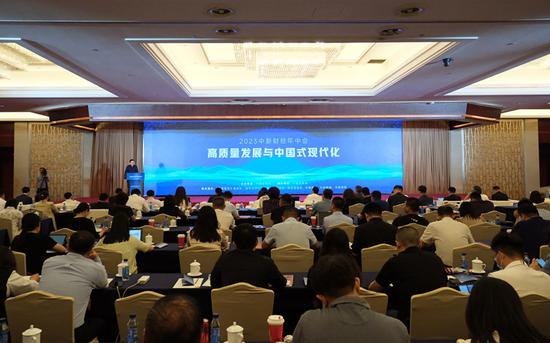
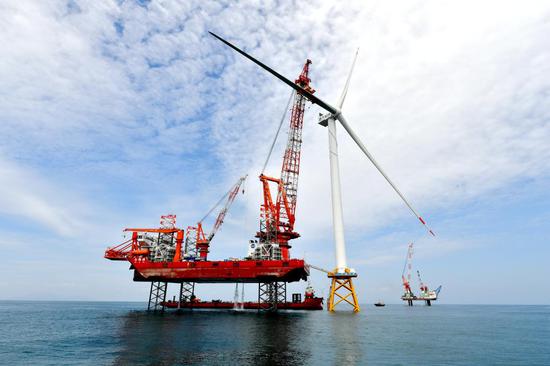


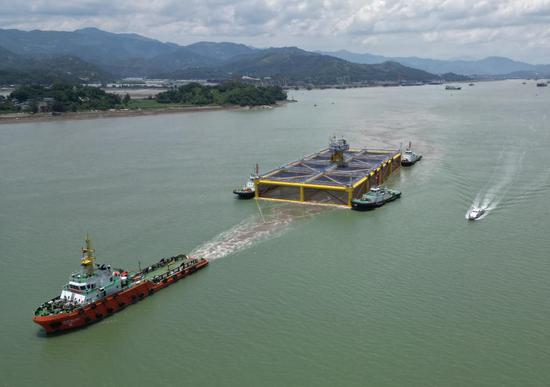
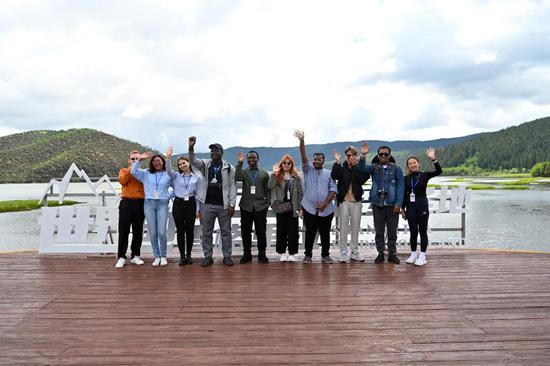

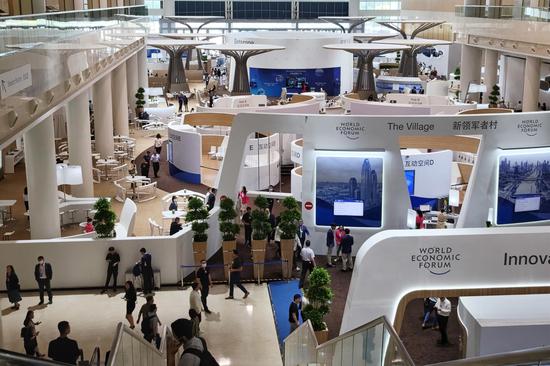


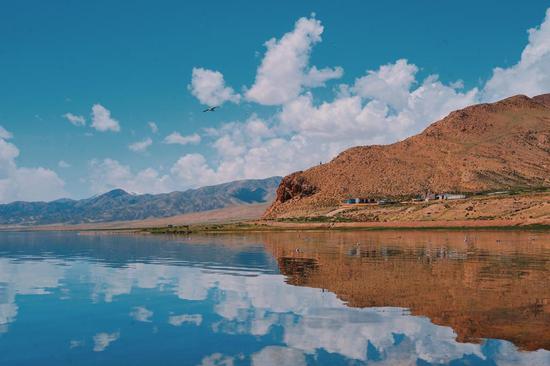
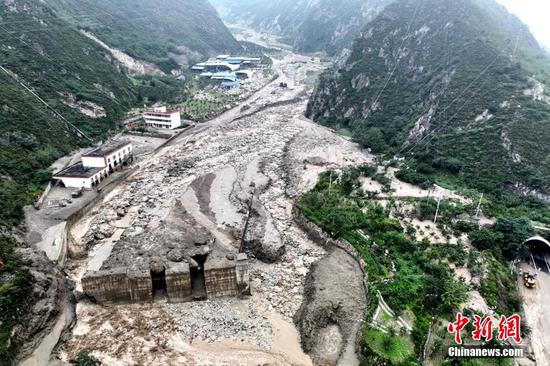
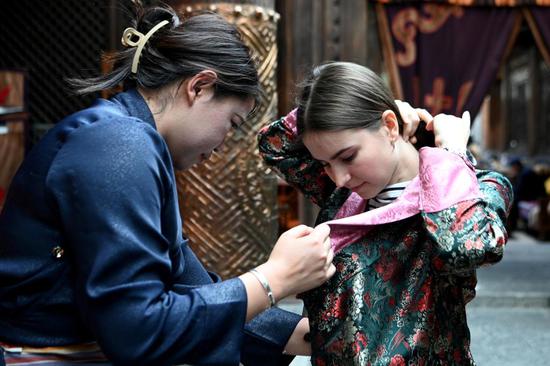





 京公网安备 11010202009201号
京公网安备 11010202009201号